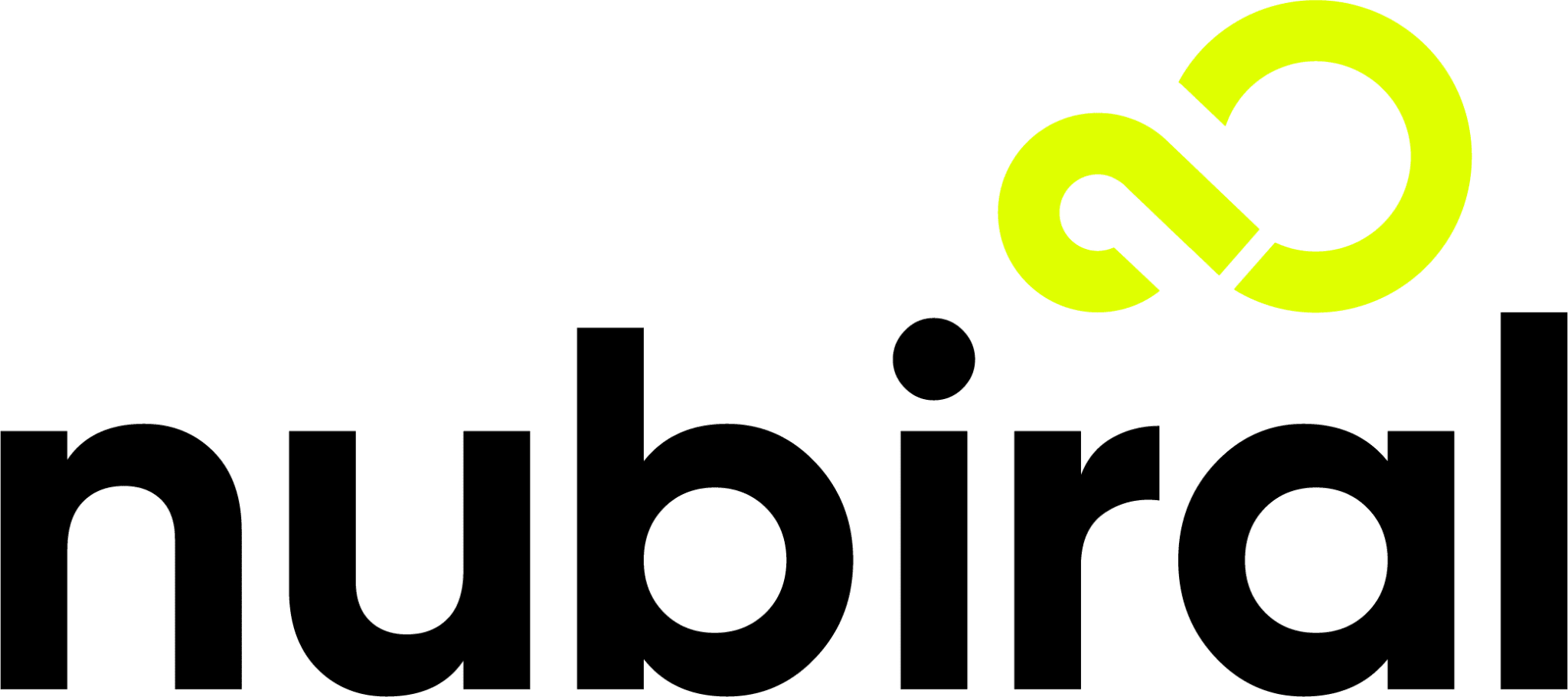Compliance has become a pillar that ensures the efficient operation of IT infrastructures. Professionals dedicated to this area play a key role in monitoring, analyzing and maintaining the integrity of systems. Their daily work is full of difficulties and challenges.
What are the skills that technology professionals need to face and overcome obstacles in order to meet business objectives?
Required skills for an observability professional
A compliance professional must have a solid technical knowledge of the systems and technologies he/she supervises, as well as a deep understanding of the components of the IT infrastructure, including servers, networks, databases or cloud services, among others. Simply put: he/she must have knowledge that encompasses the relevant infrastructure, applications, networks and protocols.
Additionally, the ability to analyze and understand a large set of data is essential to identify patterns, trends and anomalies in systems.
It is also important to have programming skills to write scripts and queries to collect and analyze data from systems. Languages such as Python, PowerShell or SQL are common in this field and allow the automation of monitoring and analysis tasks efficiently.
Data monitoring and analysis skills
Another required skill is the management of monitoring and analytical tools, as well as the ability to understand and take action based on the information collected.
An observability professional must be able to assess situations quickly, identify potential problems and make informed decisions. Critical thinking enables the analysis and evaluation of information objectively, identify problems, find effective solutions, and troubleshoot risks and consequences.
Of course, effective communication, both with other members of the technical team and with end users, cannot be overlooked. This involves transmitting technical information in a clear and concise manner, listening to and understanding problems reported by users.
The observability professional must also be able to collaborate with different teams, such as development, operations and security, to address issues and find solutions collaboratively.
In addition, he/she must be aware of system security best practices (a constant concern in compliance) and be able to detect and mitigate potential vulnerabilities or attacks. Here, it is needed to have knowledge of encryption, authentication, authorization and data protection.
Without these qualities, it would be hard to address daily challenges and ensure optimal performance of technological systems.
Observability: challenges and how to face them
With the advancement of technology, systems have become increasingly complex: as companies grow, so do their IT outlooks. Professionals in this field must keep up to date with the latest trends and technologies, acquire new skills and constantly seek training opportunities to cope with this complexity.
They must also design and implement scalable solutions that can handle growth and ensure the ability to supervise larger and more complex systems.
Technology evolves: it is essential to adapt to these constant changes by being willing to improve existing observability systems.
Conclusion
Observability in technology is fundamental to meeting business objectives and ensuring the efficient operation of IT infrastructures.
Skilled professionals in this area require technical knowledge, analytical skills, critical thinking, communication and security consciousness.
Although they face challenges such as system complexity, scalability and technological changes, they can overcome them by acquiring new skills and implementing scalable solutions. By capitalizing on these skills, they contribute to business success by maintaining systems integrity, identifying issues and collaborating with other teams.
☁️ Written by Alejandro Garcia Lamazon | DevOps Engineer at Nubiral




